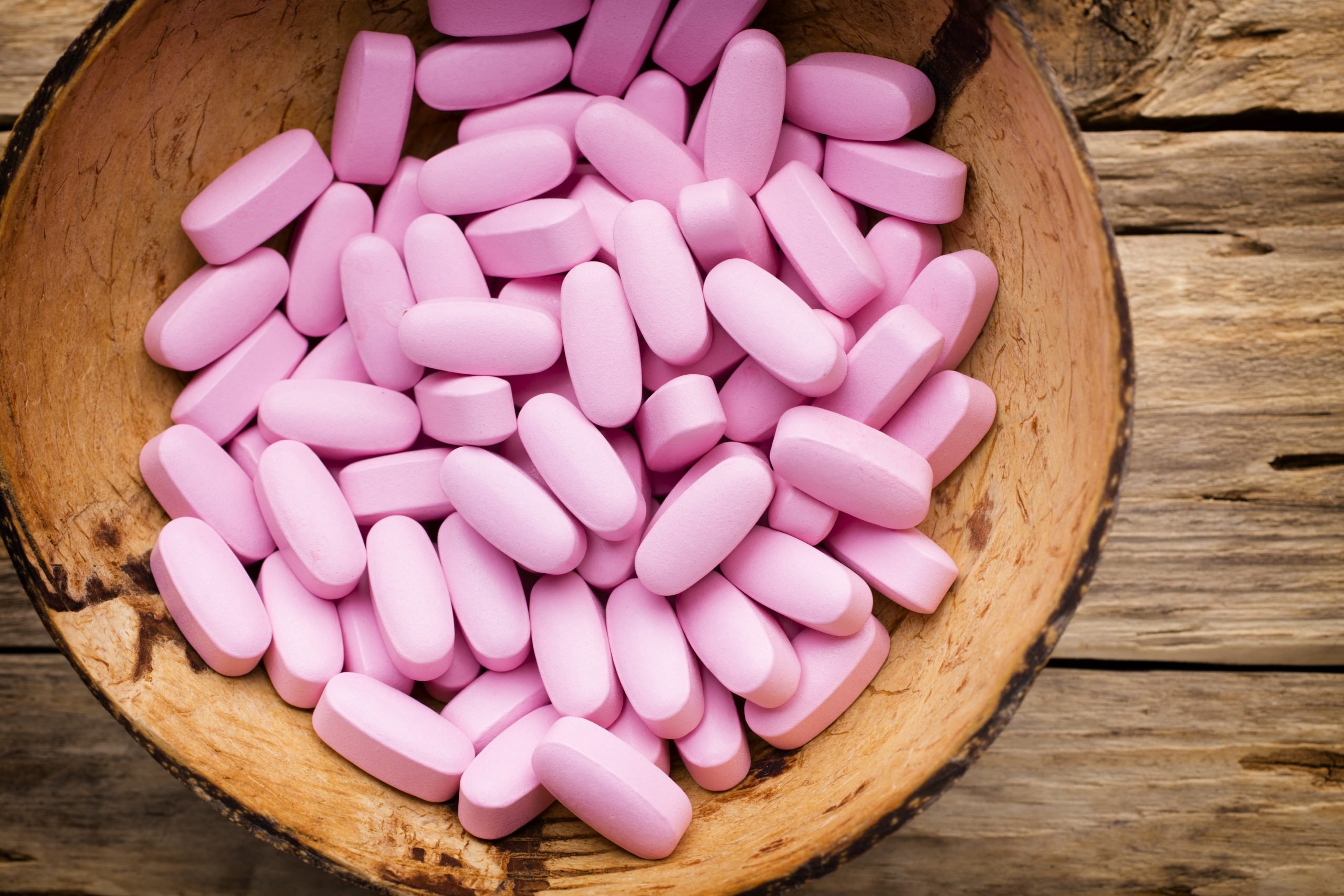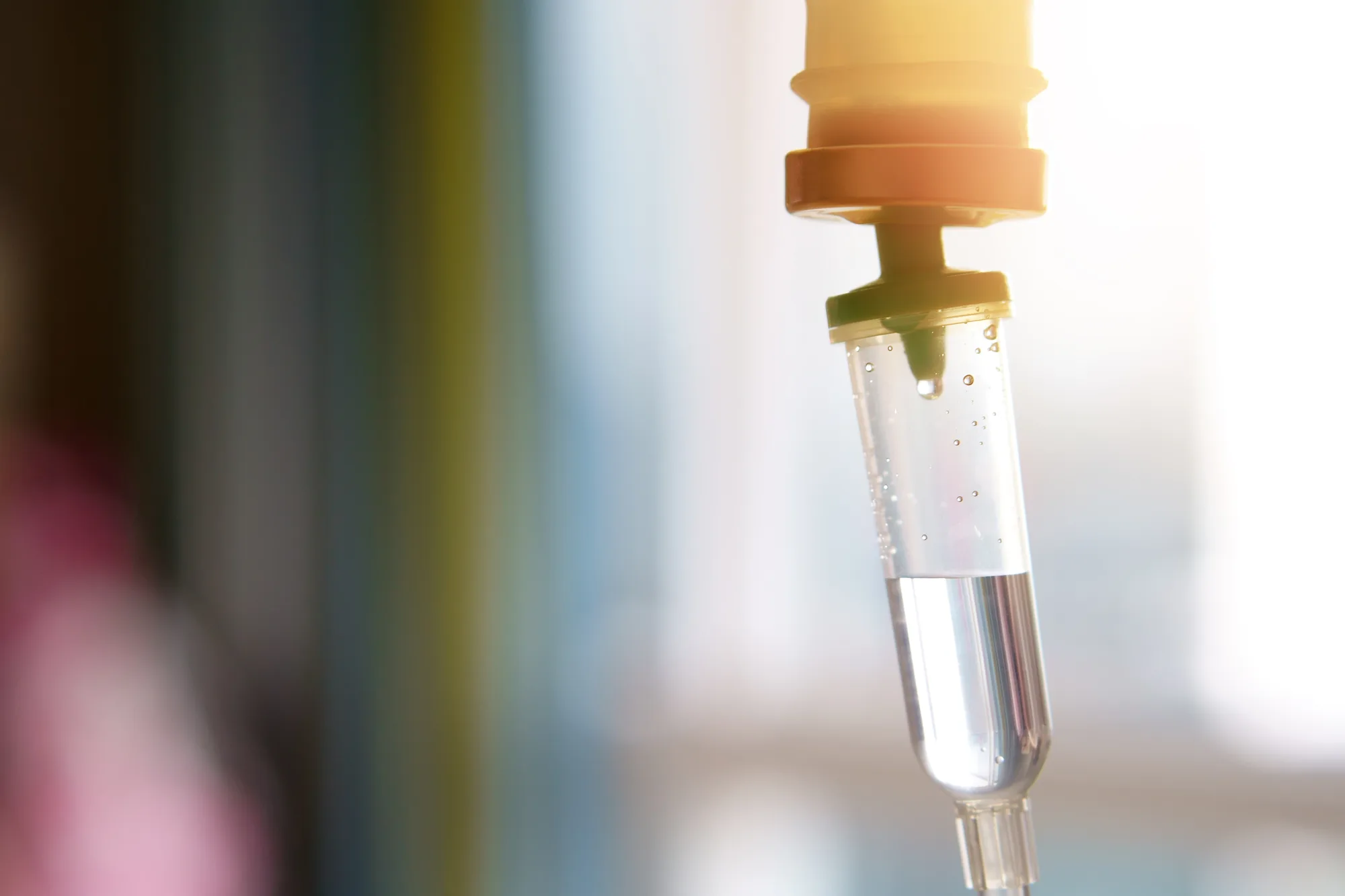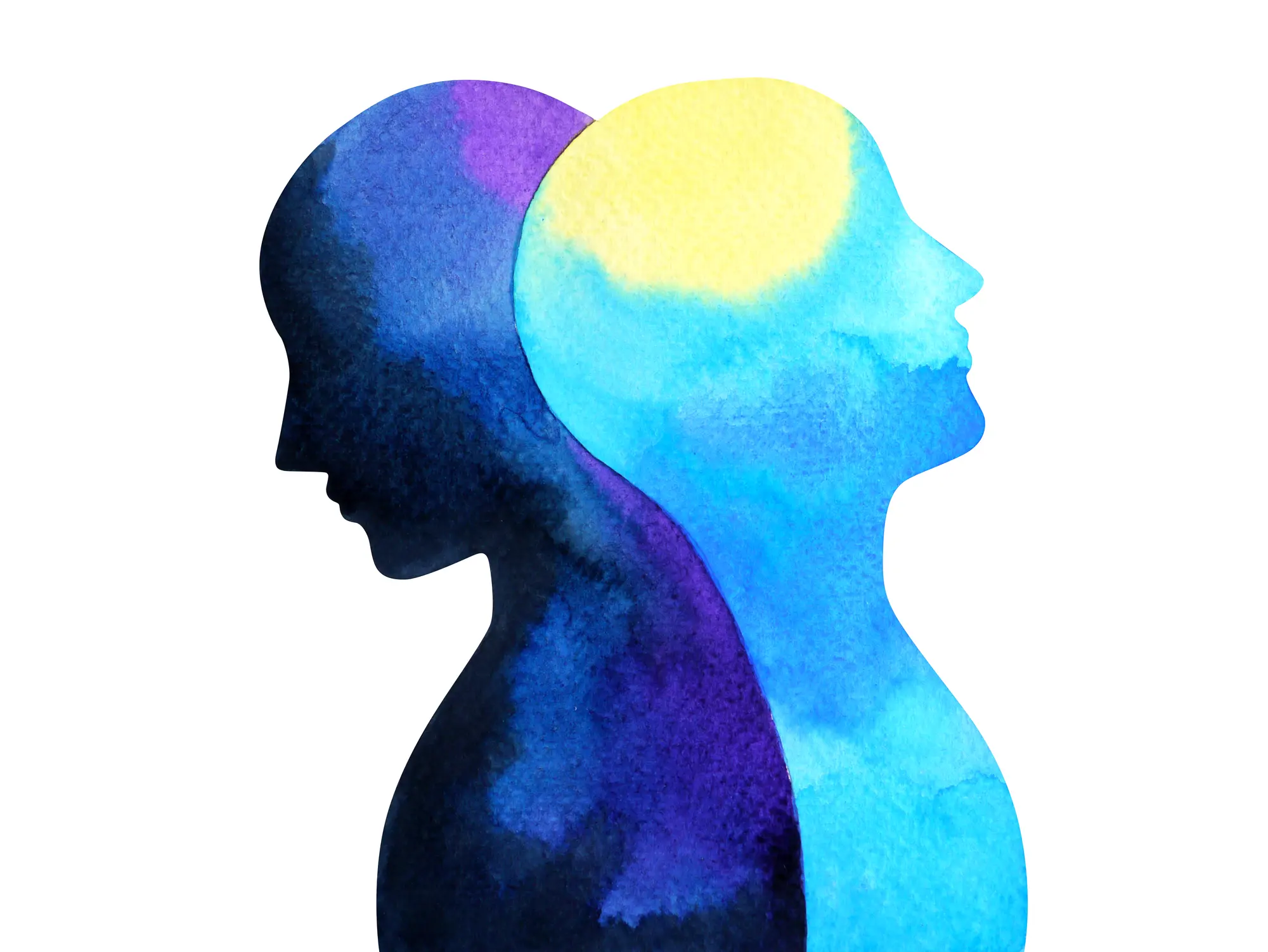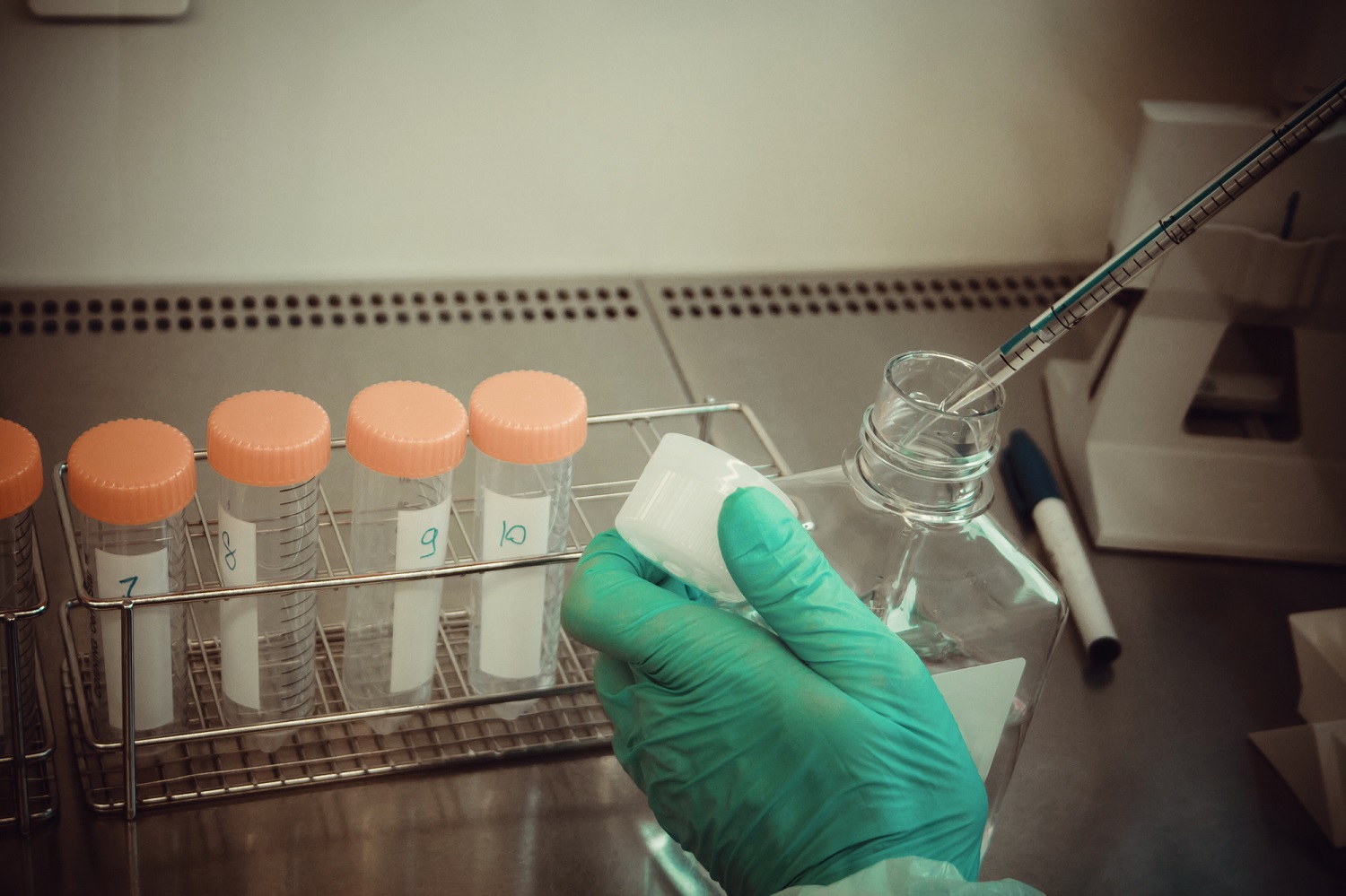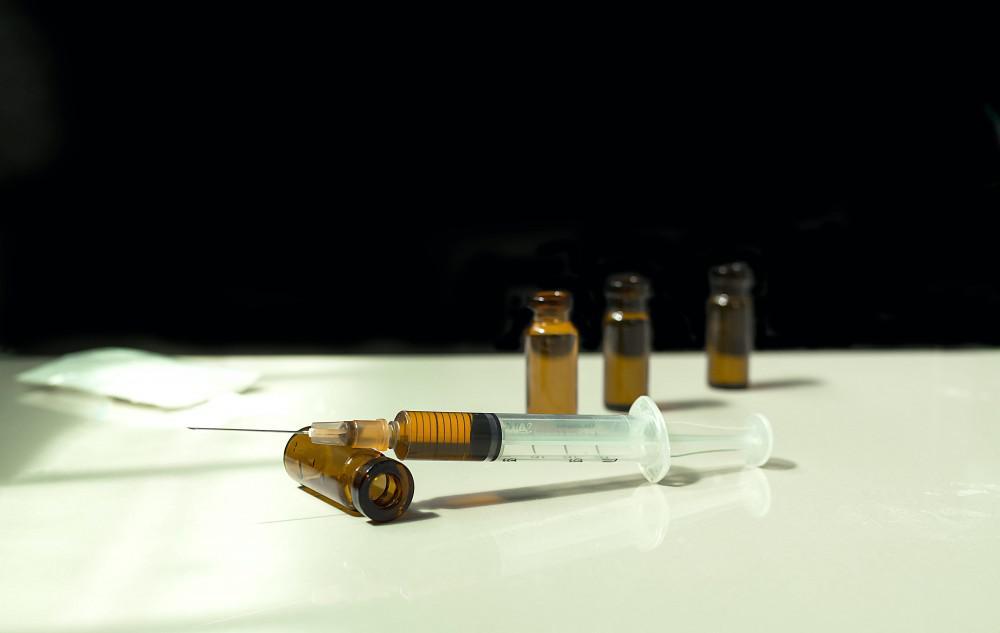Meet Lara.
She’s in her thirties, she’s educated, and she has a secure position at a reputable company where she makes good money. But she isn’t happy.
In fact, though she might be successful by society’s’ standards, she has struggled with
depression for years. She has tried focusing on her career more and this hasn’t made a difference. She’s also tried various antidepressants; none of which have worked for her. Her friends and family tell her she’s fine, that it’s just a phase of life that will pass; belittling her depression with comments like, “
What do you have to be unhappy about?”
If you’re like Lara, you know that the quality of your life is being severely impacted by your battle with depression. The accomplishments that used to feel meaningful to you, don’t anymore.
Do you find yourself going through the motions but feeling detached from others and from your own life?
For the toughest cases of depression, especially with known suicide risk,
ketamine treatment has provided major relief and has proven to be a successful intervention. Patients in this dire situation who need immediate help, well as patients like Lara, may benefit from ketamine infusion treatments.
This is what Dr. Rahul Khare, an emergency medicine specialist, says about his experience treating patients with ketamine:
“They’re typically desperate for relief after failing to respond to other antidepressants. Some have lost jobs and relationships because of severe depression, and most find that ketamine allows them to function.”
Keeping up with basic functioning is one of the biggest challenges with depression.
Lara had become extremely hopeless about where to go and how to change her life, and that’s when she discovered
ketamine infusion treatment.
If you have a similar story, ketamine infusion treatment could be your solution, too.
What is Ketamine Infusion Treatment?
Ketamine is a dissociative anesthetic drug that is approved for medical and hospital settings. With the correct dose, ketamine infusions can be a game-changer for people like Lara who have struggled with treatment-resistant depression.
This is what doctors are saying:
“When traditional treatments don’t work, ketamine is the least harsh, safest, and fastest-working option that provides long-term relief.” – Dr. Francisco Cruz, board-certified psychiatrist at Ketamine Health Centers.
How does it work?
Ketamine works to block the receptors in the brain that are responsible for depression. By treating depression this way, results are seen a lot faster.
Are Ketamine Infusions Safe?
Safety and side effects are at the top of the list when you’re considering a new approach to treating depression. These are some of the questions that Lara had when she came in for her initial assessment with a specialist:
-
- “What are the side effects?”
Feeling tired after an infusion is the most common side effect. It’s rarer, but nausea can occasionally occur as well. These fade within hours, and there are no permanent side
effects from ketamine infusions in a medical setting.
No. Ketamine only has the potential to become addictive when misused recreationally; not in a clinical setting.
-
- “How long does it take to see results?”
The time frame varies for each person, but many people struggling with depression notice positive results almost immediately. Some patients won’t notice these effects until after the 2nd or 3rd infusion treatment.
-
- “Will I have to keep taking ketamine forever?”
No. For some patients, one series of infusions is enough for long-term relief. For others, combining the effects of ketamine with other methods of treatment and having fewer infusions is effective. One great benefit to ketamine is that it creates a healthy balance in the brain. From then on, it’s easier to maintain it.
What to Expect with Ketamine Infusion Treatment
Key things to plan for:
-
- Limit food to 4 hours prior and clear liquids to 2 hours prior
-
- The appointment will last 50-60 minutes
-
- You can remain conscious during this time
-
- You may experience mild dissociation, sensitivity to light and sound, and altered perception of time and color
-
- These effects are usually gone within 20-30 minutes after the infusion, and most patients feel comfortable leaving the clinic 60-90 minutes after treatment.
Next Steps:
Does Lara’s story sound like yours?
If you have more questions,
we want to hear from you.
Depression affects over 16 million Americans every year.
Of those who receive treatment, 30% do not respond to antidepressants.
You don’t have to be a statistic and you are not alone.
Take the first step toward getting your life back by scheduling an appointment to meet with us!


